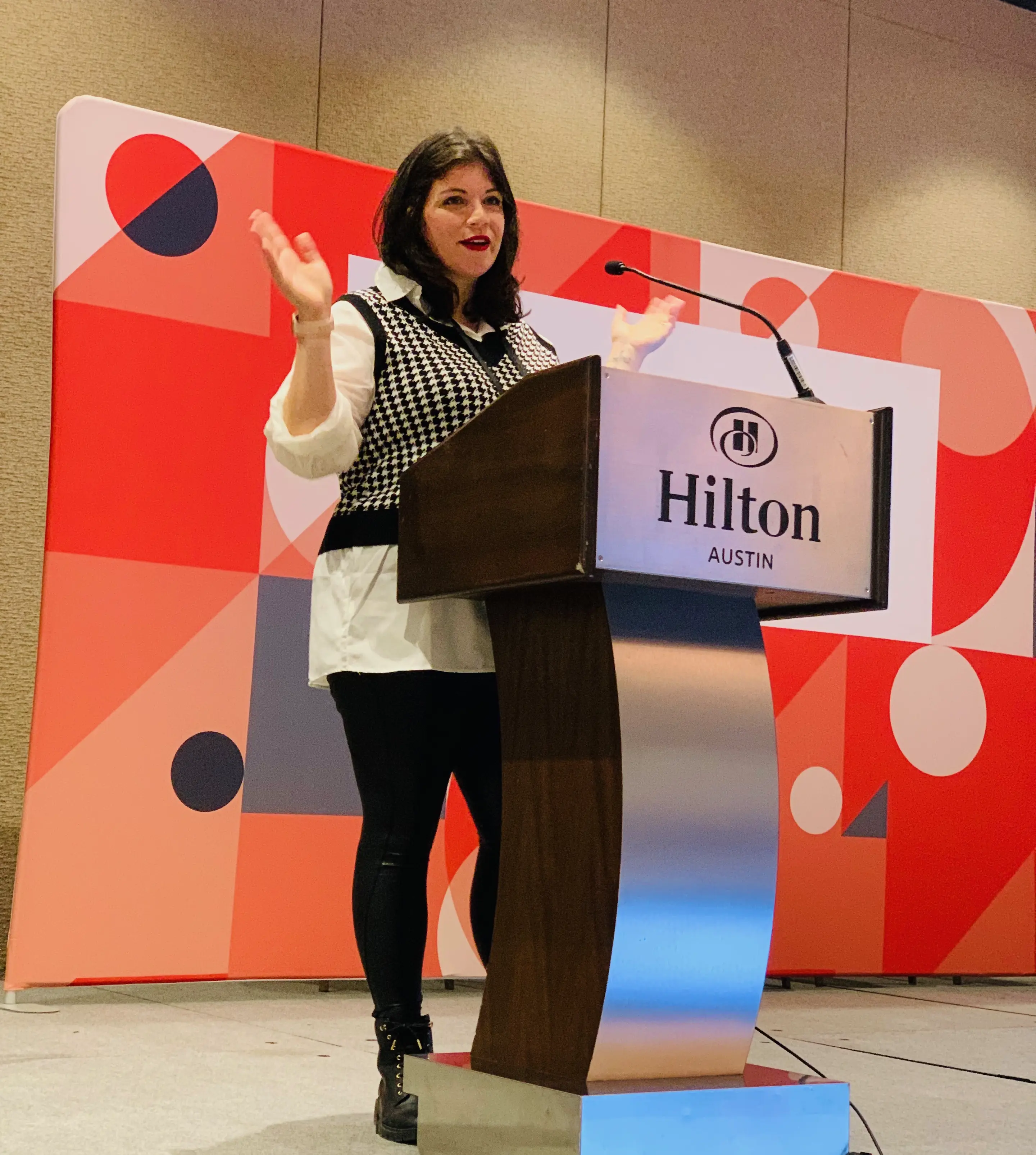Last month, I hosted The Product-Led Summit in Austin, Texas. For many product folks, it was the first conference in two years where they were able to participate in roundtable discussions, listen to in-person speakers, and network together in one place.
In addition to hosting, I moderated a panel on building diverse product teams. It was quite a bit to dive into after years of virtual conferences and meetings. But the 100+ product leaders who joined us created a warm and inviting environment from the jump.
For the roundtable portion, I sat with a group focused on “scaling.” The conversation centered on scaling a product team vs. a product. We dove into “managing up” with difficult stakeholders and strengthening team dynamics.
It was fascinating to observe the group discussion wasn’t centered around product-market fit or evaluating the performance and activity of users. It was clear the pain points in attempts to scale lay in the people and organizational structure of the company. I heard things like, product managers aren’t working toward the same goal, the development team isn’t invested in innovation, and the highest-paid person in the room keeps shifting the team’s focus.
These people management issues resulted in slow velocity and poor product outcomes. I have seen this in action when startups attempt to scale quickly but lose key team members due to a lack of vision and alignment. It’s why I build in team exercises tailored to internal product teams and stakeholders.
After one such exercise a team member told me, “Yesterday’s exercises with the client really shifted something for me that I wasn’t expecting (or if I’m being honest, didn’t see the value in at first). It turned my impression of the client from ‘difficult client with scope creep tendencies’ to actual humans on the other side of the screen who I’d love to grab a beer with someday.”
Earlier in the day, Amazon Sr. Product Manager, Abhishek Bathla kicked off the summit with “Good Product Thinking vs. Great Product Thinking.” Bathla led with a Jeff Bezos quote: “Yesterday’s wow becomes today’s ordinary.” It was a very fitting theme to go into the rest of the day. From a product strategy perspective, our job is to create high standards; test and learn; and do it all over again and again and again. There’s something both exciting and daunting knowing that the job is really never done.
From there, we moved into a multitude of panels and talks that echoed this sentiment from, “Building a Diverse Product Team” to, “Sustainable Strategies for Remote Product Management” by Upasna Gautam, my personal highlight of the day.
Gautam spoke about ruthless prioritization of your team’s time and energy. She said we must use what we think we know about the past and fixed resources to predict the future order of work. Product leaders must be self aware enough to understand their interpretation of data hinges on key assumptions, and self confident enough to still make those decisions to keep their teams moving and learning.
Each talk and roundtable helped me expand my toolkit of frameworks, exercises, and systems to put in place to remove bottlenecks, conduct fruitful experiments, and define and measure success. All came with an important caveat: First identify the OKRs of the problem at hand before jumping into a unique solution. I’ll be using this approach as I build product roadmaps. Like any experiment, you’ll test, fail, and learn from new frameworks and approaches you apply to your product delivery organization.


